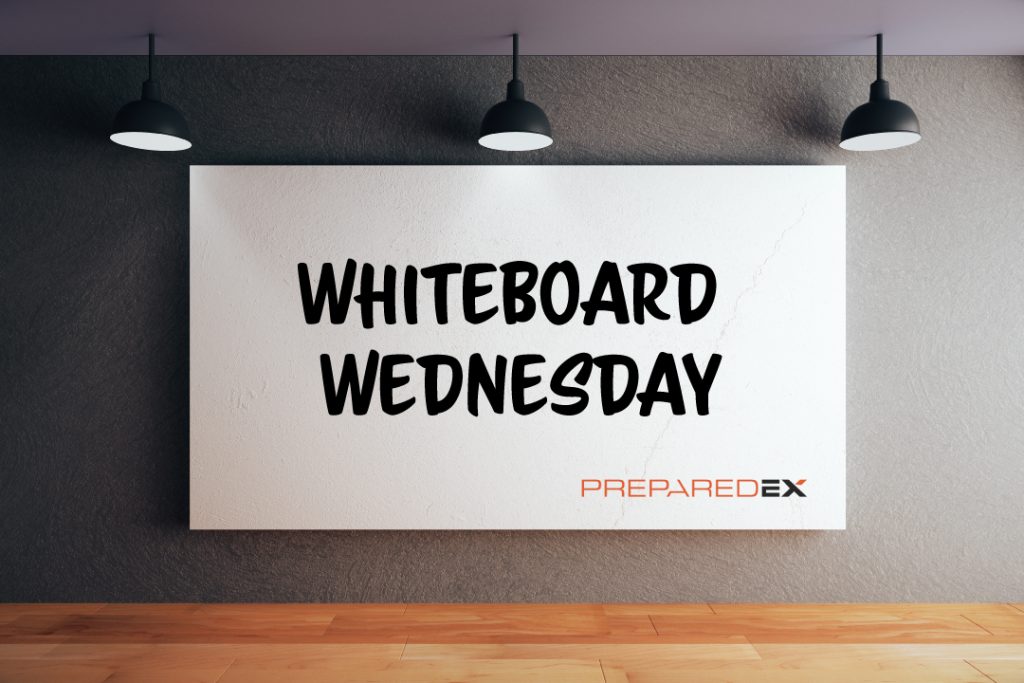Latest News and Articles
Looking Back to Move Forward: What 2025 Reinforced About Crisis Preparedness
As the year draws to a close, it is natural for organizations to reflect on what they accomplished, what they endured, and what still feels unresolved. For many leadership teams,…
Increase the Challenge
In this 3rd episode of September’s crisis simulation exercise series, Rob discusses increasing the challenge as it relates to your exercise program.
Leadership in Crisis: A Culture of Preparedness
Like many strategic planning processes; risk management often gets shuffled to the side. The daily urgent matters take precedent over preparing for the low probability, high-risk icebergs or “Black Swan”[1] events. Economic impact on organizations that are not prepared for crisis situations can be dire. Leaders, who perhaps did…
Exercise Types
In this 2nd episode of September’s crisis simulation exercise series, Rob discusses the different types of exercises.
NASA Knows: 4 Key Lessons Learned From Tabletop Exercises
To NASA, fifty years ago and up to this day, NASA’s life-or-death learning is achieved through emergency simulation exercises. Gerry Griffin knows a thing or two about responding to risks. He was the Mission Control flight director for all of NASA’s Apollo Program manned missions, including all six lunar…
Why We Exercise
For September’s Whiteboard Wednesday video series, Rob will be discussing all things crisis simulation exercises. In this 10th episode, Rob talks about why we exercise.
5 Questions to Help Create Situational Awareness
During an incident it is imperative that the CMT (Crisis Management Team) has good overall Situational Awareness throughout the whole event. This will allow leaders to better understand the situation enabling them to make well informed and accurate decisions. Here are some questions that should be asked on a regular…





